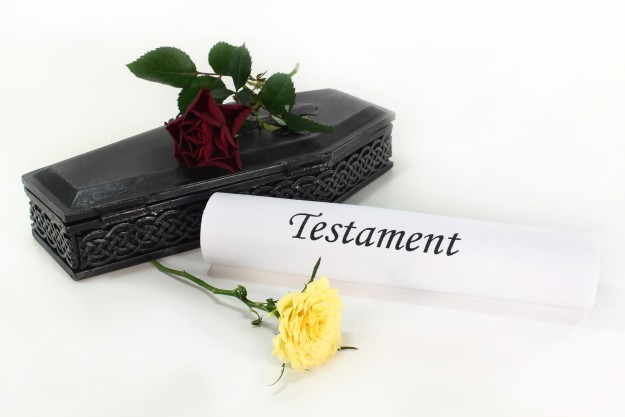7 Reasons why Australian women outlive their Estate Plan – and what to do about it

Australian women’s life expectancy is now at its highest ever recorded, and is one of the highest in the world, according to recently released research from the Australian Bureau of Statistics.
The average life expectancy for females is now 84.6 years and for males it is 80.4 years, and these figures demonstrate huge gains in life expectancy over the last century since the Aged Pension was initially introduced in Australia in 1909 when the average life expectancy was below the eligibility age.
At that time it was anticipated that most people would not live long enough to receive the pension, and those that did would not get it for long.











